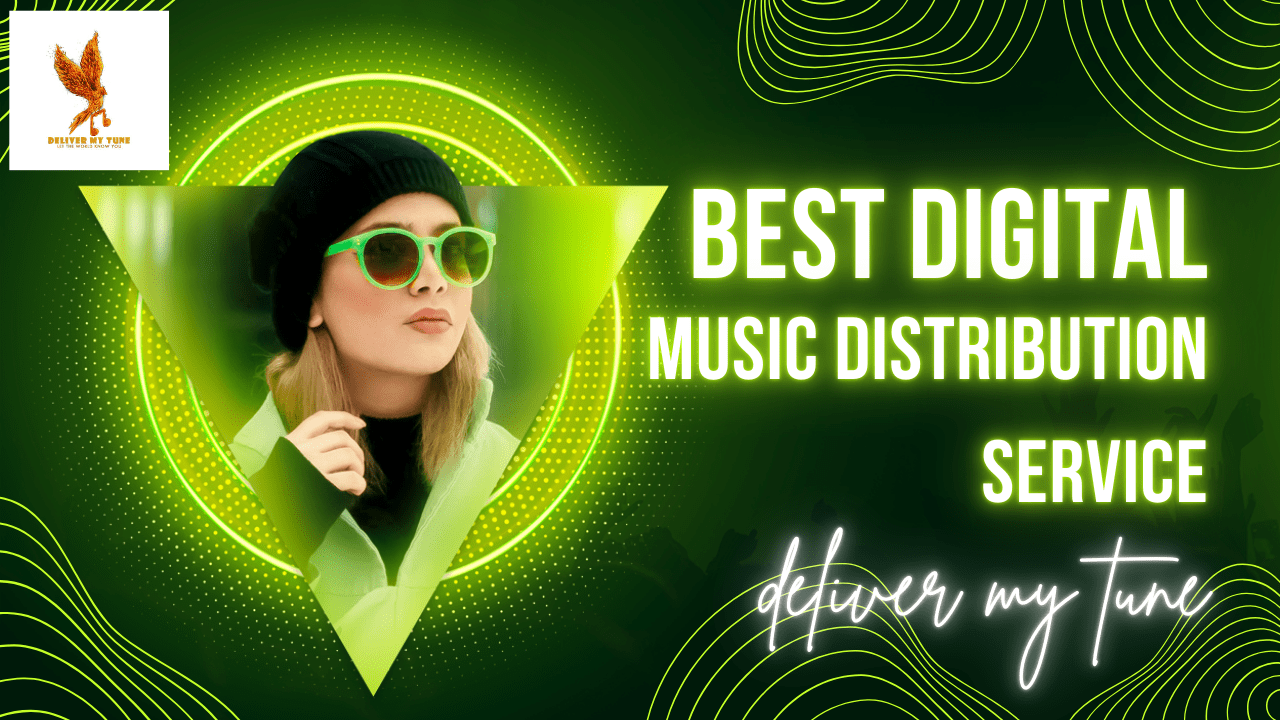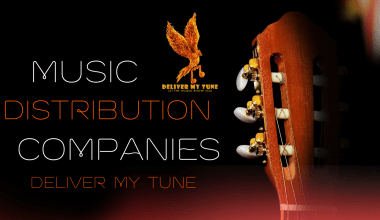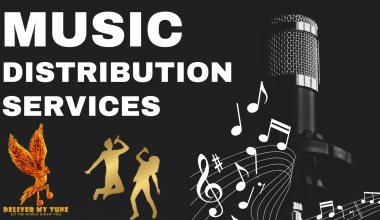The music industry has transformed dramatically in recent years, and a major part of this change comes from the rise of digital music distribution services. These platforms have empowered musicians, especially independent artists, to bypass traditional gatekeepers and take their art directly to listeners worldwide.
Whether you are an aspiring artist or a seasoned professional, understanding the nuances of digital distribution is crucial for success. This guide dives deep into the best platforms, what to look for, and how these services can elevate your music career.
What is Digital Music Distribution?
Digital music distribution is the process of delivering your music to various online platforms where listeners can stream, download, or purchase it. Services like Spotify, Apple Music, YouTube Music, and Amazon Music allow artists to reach millions globally without the need for physical media like CDs or vinyl.
How It Works
- Upload your track to the distribution service.
- The service ensures your music is available on major streaming platforms.
- Listeners stream or download your music.
- The platform collects royalties, which are then passed on to you.
Why Digital Distribution is the Future
The world has shifted from physical music sales to digital streaming. Here’s why digital distribution dominates:
- Accessibility: Your music can reach listeners worldwide without geographical barriers.
- Cost-Effective: No need for expensive production of physical albums.
- Instant Feedback: Analytics tools show how your music performs and help refine your strategy.
- Democratization of Music: Independent artists now have the same tools and opportunities as established record labels.
Key Features of the Best Digital Music Distribution Service
When choosing a platform, look for these essential features:
1. Global Reach
Ensure the service distributes to the most popular platforms, including Spotify, Apple Music, Amazon Music, Deezer, and more.
2. Affordable Pricing
Compare the pricing models of different platforms, especially if you are an independent artist with a tight budget.
3. Fair Royalty Management
A good distributor will be transparent about royalty splits, ensuring artists receive their fair share.
4. Analytics and Insights
The ability to monitor streams, downloads, and audience demographics is invaluable for growth.
5. Additional Services
Some distributors offer value-added features like AI mastering, playlist pitching, pre-save campaigns, and licensing for TV and film.
Top Digital Music Distribution Platforms
Let’s explore some of the best digital music distribution services that cater to independent artists and labels alike:
1. Deliver My Tune
This platform stands out for its transparent pricing and artist-first approach. Deliver My Tune provides lifetime distribution for a one-time fee and includes AI mastering in its packages.
Key Features:
- Distribution to over 100 platforms
- Royalty transparency (up to 85% for labels)
- Customizable label names for enhanced branding
2. DistroKid
Popular among independent artists, DistroKid allows unlimited uploads for a flat annual fee.
Highlights:
- Instant Spotify verification
- Tools to split royalties among collaborators
- Options for lyric synchronization
3. TuneCore
Known for its detailed analytics and publishing administration, TuneCore is ideal for artists who want extensive control over their music.
Perks:
- One-time payment for lifetime distribution
- Tools for publishing revenue collection
4. CD Baby
CD Baby supports both digital and physical distribution, making it versatile for artists who still value CDs.
Benefits:
- Licensing for TV and film opportunities
- Robust marketing tools
5. Amuse
Amuse offers free music distribution plans, making it accessible for artists on a budget.
What Stands Out:
- Paid plans include promotional services
- Artists keep 100% royalties
Benefits of Digital Music Distribution Services
Digital music distribution offers countless benefits that physical distribution cannot match:
1. Global Exposure
Your music reaches platforms that have millions of active users daily.
2. Cost Savings
Physical albums involve production, storage, and shipping costs. Digital distribution eliminates all of that.
3. Real-Time Analytics
You can monitor your music’s performance in real time, adjusting marketing strategies to improve reach.
4. Flexible Revenue Models
Depending on the service, you can choose between flat fees or royalty sharing.
5. No Middlemen
Artists maintain full creative control and earn royalties directly from streaming platforms.
How to Choose the Best Digital Music Distribution Service
Selecting the right distributor depends on your specific needs. Here’s a checklist:
- Platform Reach: Does the distributor cover all major streaming platforms?
- Pricing Model: Is there a flat fee or a royalty cut?
- Support for Independent Artists: Does the platform offer tools like playlist pitching or pre-save campaigns?
- Customer Support: How responsive is their support team?
Case Study: Success with Digital Music Distribution
Meet Arjun Singh, an indie artist from Delhi. Frustrated with the lack of reach through traditional methods, he opted for Deliver My Tune. The platform distributed his tracks to Spotify, Apple Music, and YouTube Music. With promotional tools like playlist pitching, Arjun’s streams grew by 300% within six months.
This demonstrates how the best digital music distribution service can propel an artist’s career to new heights.
Tips to Maximize the Impact of Digital Distribution
1. Optimize Metadata
Ensure your track names, album titles, and artist name are accurate to avoid delays in distribution.
2. Use Pre-Save Campaigns
Boost anticipation by allowing fans to pre-save your tracks on Spotify.
3. Pitch to Playlists
Most distribution platforms have options to pitch your songs to playlist curators, increasing your exposure.
Promote your releases through platforms like Instagram, Facebook, and YouTube Shorts.
5. Track Performance Metrics
Regularly analyze your song’s performance to identify what works and what doesn’t.
Understanding Royalties in Digital Distribution
Digital distribution royalties are payments you receive every time someone streams or downloads your music. The amount varies depending on the platform, with Spotify paying around $0.003 to $0.005 per stream.
Types of Royalties:
- Mechanical Royalties: Earned when your music is reproduced.
- Performance Royalties: Earned when your music is played publicly.
The Future of Digital Music Distribution
As technology advances, so does the potential of digital distribution. Features like AI-driven analytics and direct fan engagement tools will become standard. Platforms will also focus more on supporting creators with marketing resources.
Spotify’s introduction of features like Countdown Pages reflects the industry’s evolution towards empowering artists.
FAQs
1. Can I switch distributors after releasing music?
Yes, but you’ll need to remove your music from the current distributor and re-upload it via the new one.
2. What is the typical royalty split?
Most platforms offer 85-100% of royalties to artists, but some may take a small cut.
3. Can I distribute cover songs?
Yes, but you’ll need the necessary licenses to distribute them legally.
Final Thoughts
Choosing the best digital music distribution service is a critical step for any musician. Platforms like Deliver My Tune, DistroKid, and TuneCore provide incredible tools to ensure your music reaches the right audience.
Embrace digital distribution and let your music inspire listeners worldwide!
Related Articles:
For further reading, explore these related articles:
- Will Creating Free Music Help in Building a Portfolio?
- Playing an Instrument is Great for Your Mental Health. Here’s Why…
- How to Earn with SoundCloud
For additional resources on music marketing and distribution, visit Deliver My Tune.






